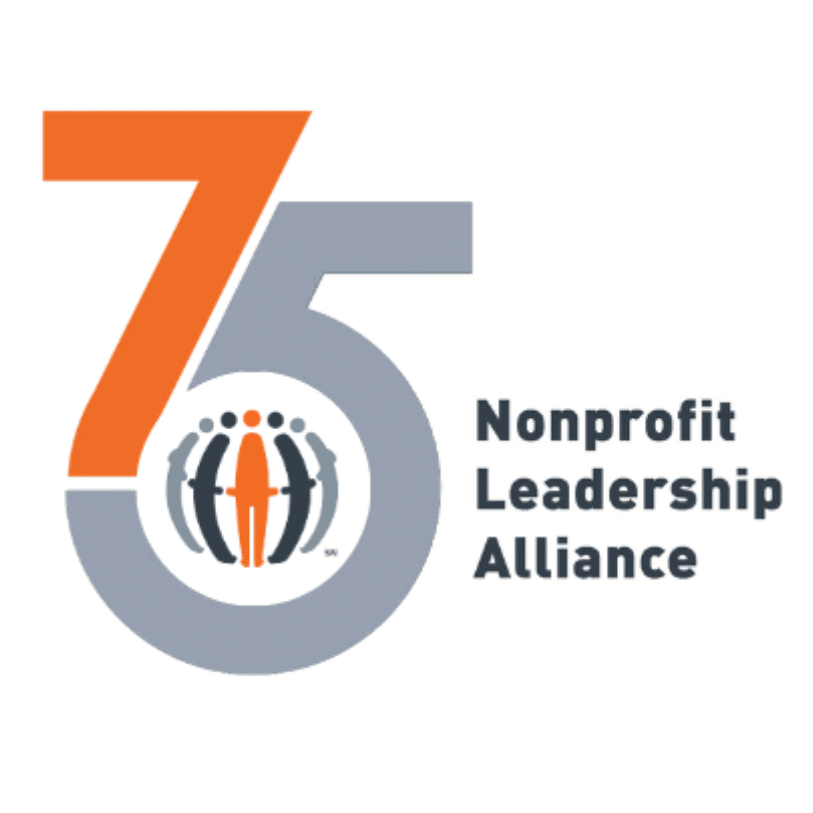Writing effective nonprofit thank you notes is equal parts art and science. You must rely on the data you’ve collected about your donors and personalize letters with specific donor information to add a genuine touch. This is especially true when it comes to writing memorial donation thank you letters.
When someone passes away, their family members, friends, and acquaintances might be compelled to submit donations to your organization in their memory. The person may have had a personal connection with your cause or a long-time relationship with your nonprofit.
These tribute gifts require the same level of gratitude as any other donations to your nonprofit, along with compassion for the circumstances in which the donations were given. With that in mind, let’s dive into our top tips for writing memorial donation thank you letters:
1. Personalize the message.
Just like any well-written donor thank you letter, your memorial donation gratitude notes should be personalized to each donor.
Use the information you collect through your donor management system to fill donor thank you letters with information such as:
- The donor’s name
- The donor’s gift amount and date
- The memorialized individual’s name and their connection to your cause
Segment memorial donors to send personalized thank you messages that are different from your standard donation follow up. This ensures that your organization is respectful of the unique circumstances in which donors contribute memorial gifts.
2. Describe the impact of memorial donations.
Let donors know that their gifts memorialize the person who has passed by contributing to their long-lasting positive legacy.
Tell donors exactly what you used their gifts for, whether to purchase essential equipment or supplies, fund scholarships for local students, or expand your volunteer program’s reach.
You might even include quotes or photos of community members who were supported by memorial donations. This can provide a great sense of comfort and pride in a challenging time.
3. Brand the letter to your organization.
Many memorial donors will have no prior connection to your organization and are only giving to memorialize someone’s life. By branding your thank you letters to your nonprofit, you can introduce them to your organization’s mission without overwhelming them with too much information. A consistent brand also reassures donors that your organization is professional and poised to use their gifts wisely.
Style your thank you letters with your nonprofit’s unique:
- Logo
- Font
- Color palette
Provide a few options for donors to stay in touch with you via social media or your email newsletter, but don’t include too much additional information about your organization in the letter. Keep the focus on the legacy of the person being memorialized.
4. Send the letter promptly.
Prompt thank you messages show donors that your nonprofit values their gifts and recognizes their effort to honor the memory of a loved one in such an impactful way.
Use your donor management software to automate thank you letters. Your software can automatically populate messages with donors’ and memorialized individuals’ names and other specific information and send letters out exactly when you want them to go out.
5. Make sure the memorialized individual’s family is involved.
The family of the person who passed should know who is contributing donations on behalf of their loved one and how your nonprofit is handling those gifts.
Bloomerang’s guide to memorial donation letters recommends taking the following steps to keep the family involved in the process:
- Give donors the opportunity to send a personalized condolence message to the family. A personalized eCard with a quick note to the family is a meaningful way for donors to share their condolences and support.
- Let the family know that your organization has already thanked donors on their behalf. This can be a weight off of the family’s shoulders if they don’t have the time on their hands to thank every donor.
- Provide family members with the names and contact information of those who have given to memorialize their loved one. This lets families know who is donating on behalf of their loved one and reach out to those individuals with their own messages of gratitude.
Giving families a way to be involved in the donor gratitude process can provide some comfort and a sense of control during a turbulent time.
Your memorial donation thank you letters should be brief and compassionate. If memorial donors have a positive experience with your nonprofit, they may be more inclined to continue engaging with your organization. That means your thank you letters can be an important stepping stone to building new supporter relationships.
